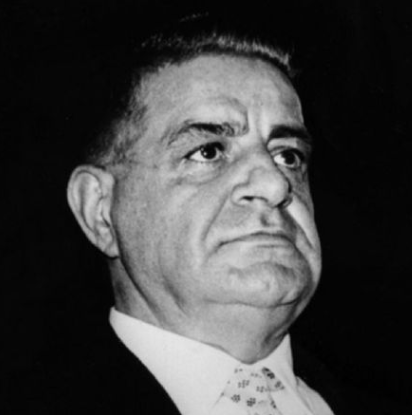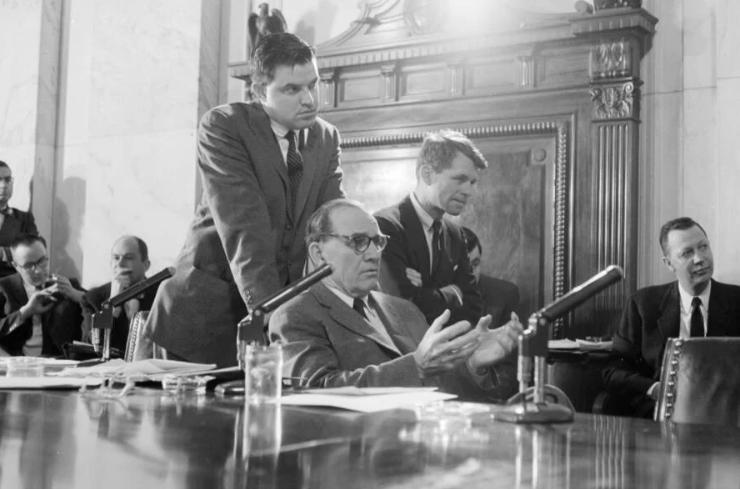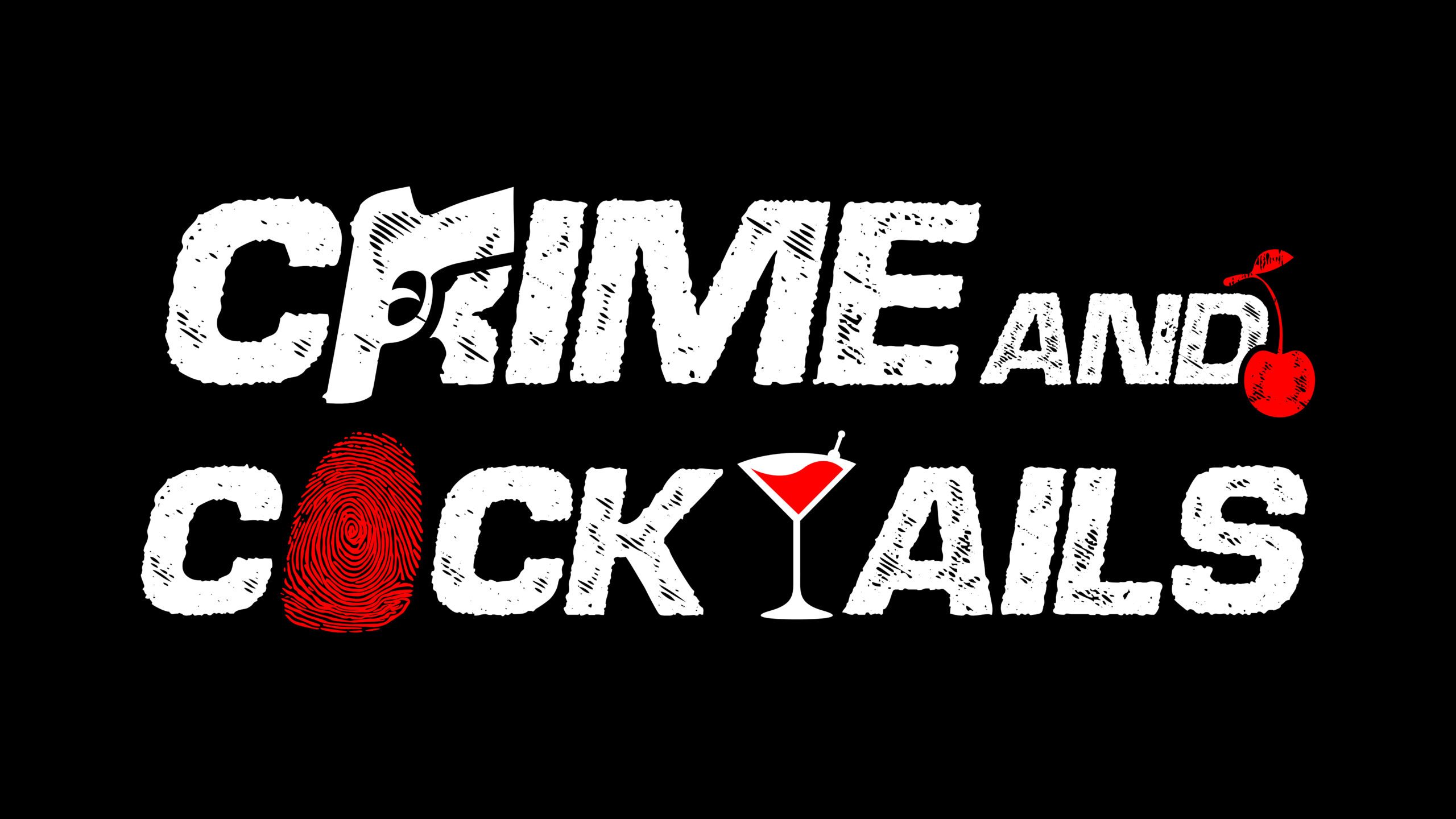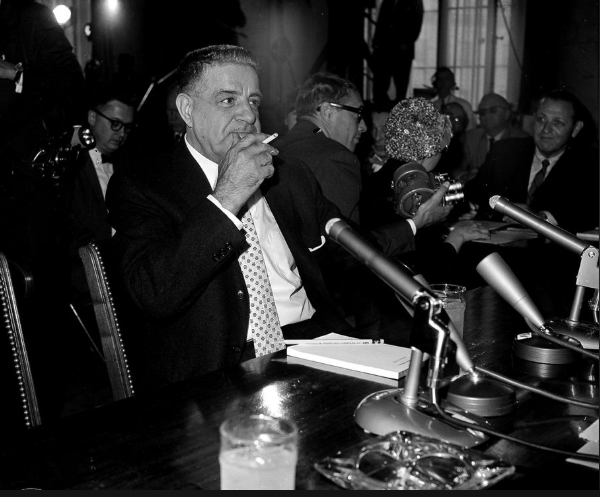In 1963, America was given a front-row seat to a criminal confession so dramatic, so cinematic, it could’ve been ripped from a Coppola script. His name was Joseph Valachi — a low-level Mafia soldier turned government informant. Under hot lights and the watchful eye of the Senate, he spilled secrets about La Cosa Nostra: blood oaths, made men, mob hits, secret rituals.
The country was stunned. Senators clutched their pearls. Newspapers screamed “MAFIA IS REAL!” Headlines painted Valachi as a courageous whistleblower pulling back the curtain on the underworld.
But here’s the truth they don’t teach in history class:
The Valachi Hearings weren’t justice. They were theater. They weren’t about revealing the Mafia — they were about distracting the public from the fact that the Mafia had been allowed to thrive for decades.
It was a masterclass in media manipulation. A “Wag the Dog” spectacle in a pinstripe suit.
Enter Valachi: The Rat Who Roared
Joseph Valachi wasn’t a don. He wasn’t even a capo. He was muscle. A soldier for the Genovese family who took orders, collected payments, and killed when told. When the Feds arrested him in 1959 for drug trafficking, he was sentenced to 15 years. In prison, convinced his own bosses were planning to kill him, Valachi snapped. He beat a fellow inmate to death with a pipe, mistaking him for a hitman. Facing the death penalty, he flipped.
To Robert F. Kennedy and the Justice Department, Valachi was a godsend. This was a moment to publicly punish the Mob and clean up Hoover’s long-standing silence. But instead of going after the top — the bosses, the political enablers, the labor union gatekeepers — they propped up a foot soldier and handed him a microphone.
It wasn’t a trial. It was a performance.

Scene One: Paint the Rat as a Hero
RFK knew the optics. A public spectacle of a made man turning on his brothers would make headlines. It would also do something else: absolve the government for years of looking the other way.
Valachi became a media darling. His face appeared in magazines. Reporters quoted his every word like scripture. They even coined a name for it: “The Valachi Hearings.”
But here’s the dirty secret: Valachi gave up nothing new to law enforcement. The FBI already knew the structure of the Mafia. They knew the bosses, the territories, the drug routes. What they lacked was political courage and public will. Valachi didn’t provide strategy. He provided spectacle.

The Myth of the Bombshell
The public thought Valachi revealed sacred Mob knowledge. But his information was mostly dated, secondhand, or already in FBI files.
He told the story of becoming a “made man.” Described initiation ceremonies. Named names that were already known. He identified the five families — news to the average American, but not to Hoover’s desk.
What Valachi didn’t do was implicate any federal officials, any complicit politicians, any cops on the take. The message was: the Mob is real, but don’t worry — it’s contained, and we’ve got it under control.
It was a brilliant PR stunt: package criminal confessions as national education, focus the fury on Italian surnames in Brooklyn, and let Wall Street, the Teamsters, and City Hall breathe a sigh of relief.
The Real Monsters Stayed in the Shadows
While Valachi talked, Carlo Gambino quietly consolidated power. Vito Genovese—his former boss—was behind bars but still pulling strings. The Chicago Outfit continued running union rackets and Vegas casinos. Santo Trafficante lounged in Havana, untouched.
Nobody indicted Meyer Lansky. Nobody pulled Jimmy Hoffa into a Senate cage. The CIA’s connections to mobsters for anti-Castro operations? Off-limits. Even Hoover, who for decades denied the Mafia even existed, came out smelling like a crime-fighting prophet.
The real message wasn’t “the Mafia is real.” It was: “We got this.” But they didn’t.
They hadn’t cleaned up organized crime — they’d just put a janitor on TV and asked the nation to cheer.
RFK, Hoover, and the Illusion of Control
Robert F. Kennedy, for all his fire and fury, was also a skilled image manager. He had been criticized for years for being late to the Mafia game, especially given the mob’s alleged role in helping his brother win the 1960 election.
So the Valachi testimony served multiple purposes:
- Show strength against organized crime
- Erase the perception that the Feds had failed
- Build RFK’s public persona as the Mob’s worst nightmare
And Hoover? He was happy to let RFK take the spotlight. The FBI could retroactively pretend it had always been chasing the Mob, not spending 30 years chasing ghosts and Black radicals.
The hearings became a clean, packaged story: Mob bad. Rat good. Government victorious.
Misdirection at Scale
The true genius of the Valachi hearings wasn’t in what was said — but in what wasn’t.
While Valachi named mobsters, nobody discussed:
- The deep infiltration of unions like the IBT (International Brotherhood of Teamsters)
- The Mob’s chokehold on the New York docks
- The CIA–Mob alliance to assassinate Castro
- Political donations and vote rigging by Mafia figures in the 1960 election
- The banking system’s laundering of mob cash
All of that was scrubbed. Instead, America got mobsters as monsters, a few sexy stories about blood oaths and nicknames, and a comforting lie: Now that we know, we’ve solved the problem.
But the bodies kept dropping. The money kept flowing. The real power brokers never missed a meal.
Valachi’s Fate
After his star turn, Joseph Valachi faded into the federal prison system. He never saw freedom again. He died in 1971 of a heart attack. The Mob didn’t kill him — the government didn’t need him anymore.
His story was used up. His fame was fake. He was a disposable pawn in a far bigger game.
Final Thought: The Mob Was Never the Only Enemy
The Valachi hearings were not about dismantling the Mafia. They were about controlling the narrative.
Yes, the Mob was powerful. But so were the banks that laundered their cash. So were the politicians who shook their hands. So were the lawmen who looked the other way.
The Valachi hearings were the government saying, “Look over here.”
While the real rot sat safely in expensive suits and country clubs.
They gave us a villain. They gave us a rat.
But they never gave us the truth.


